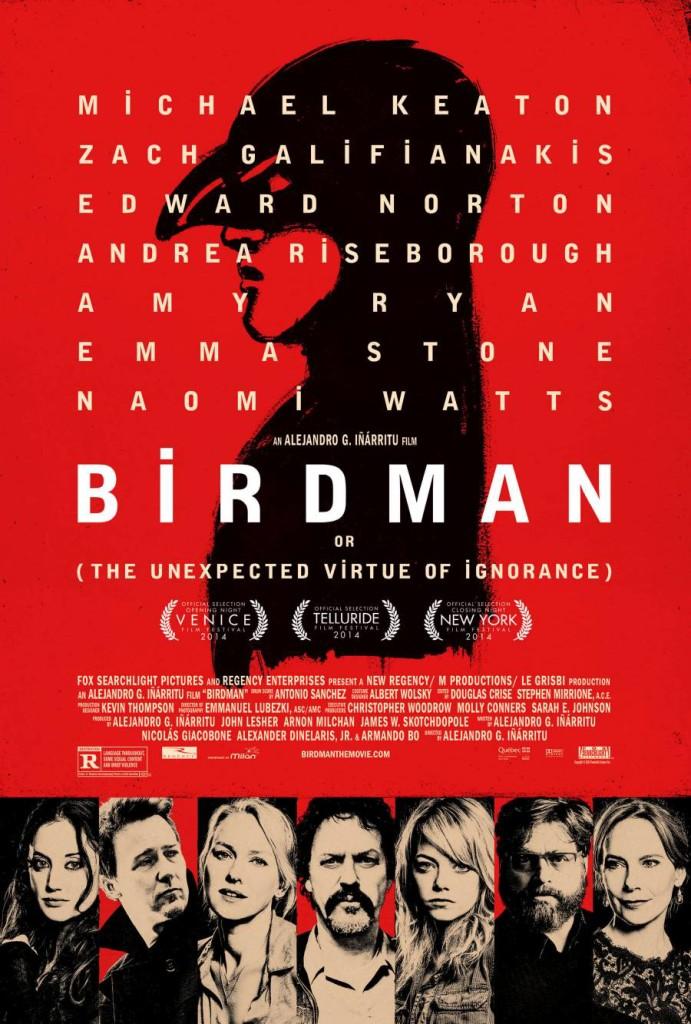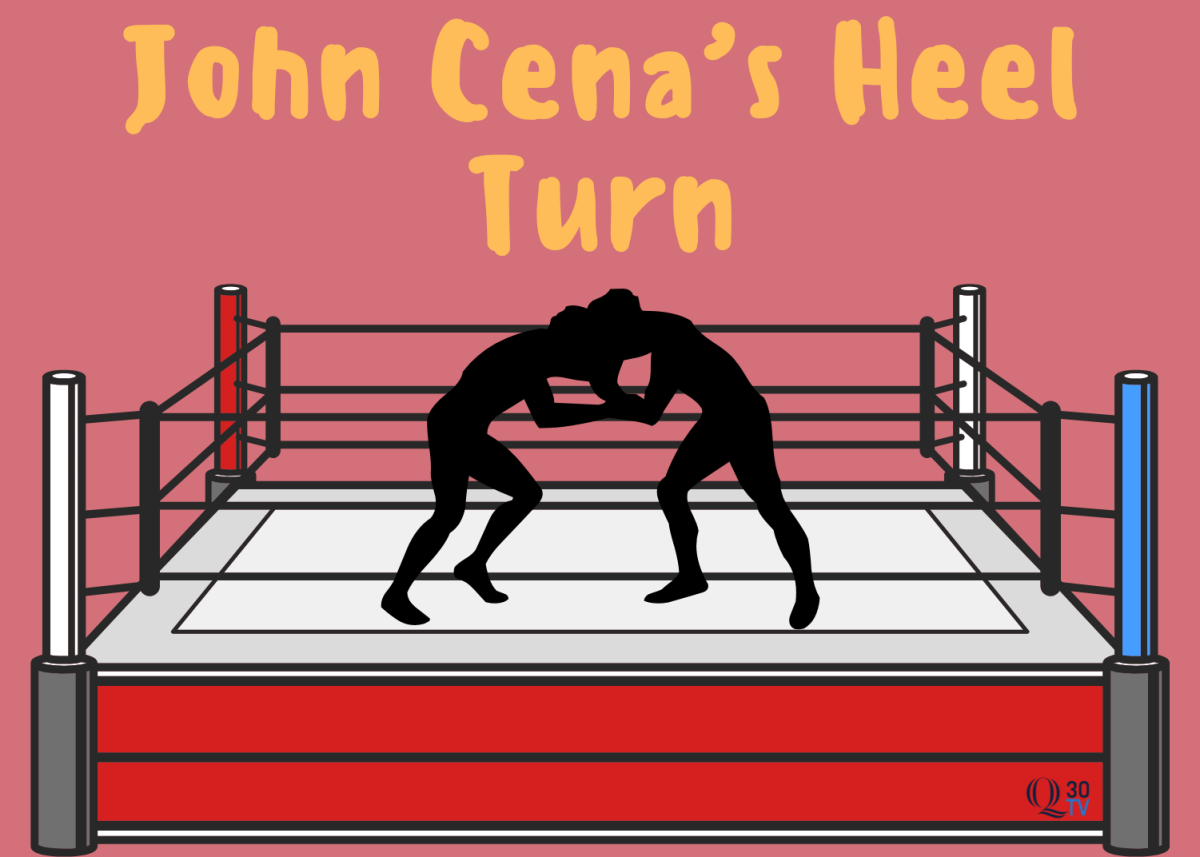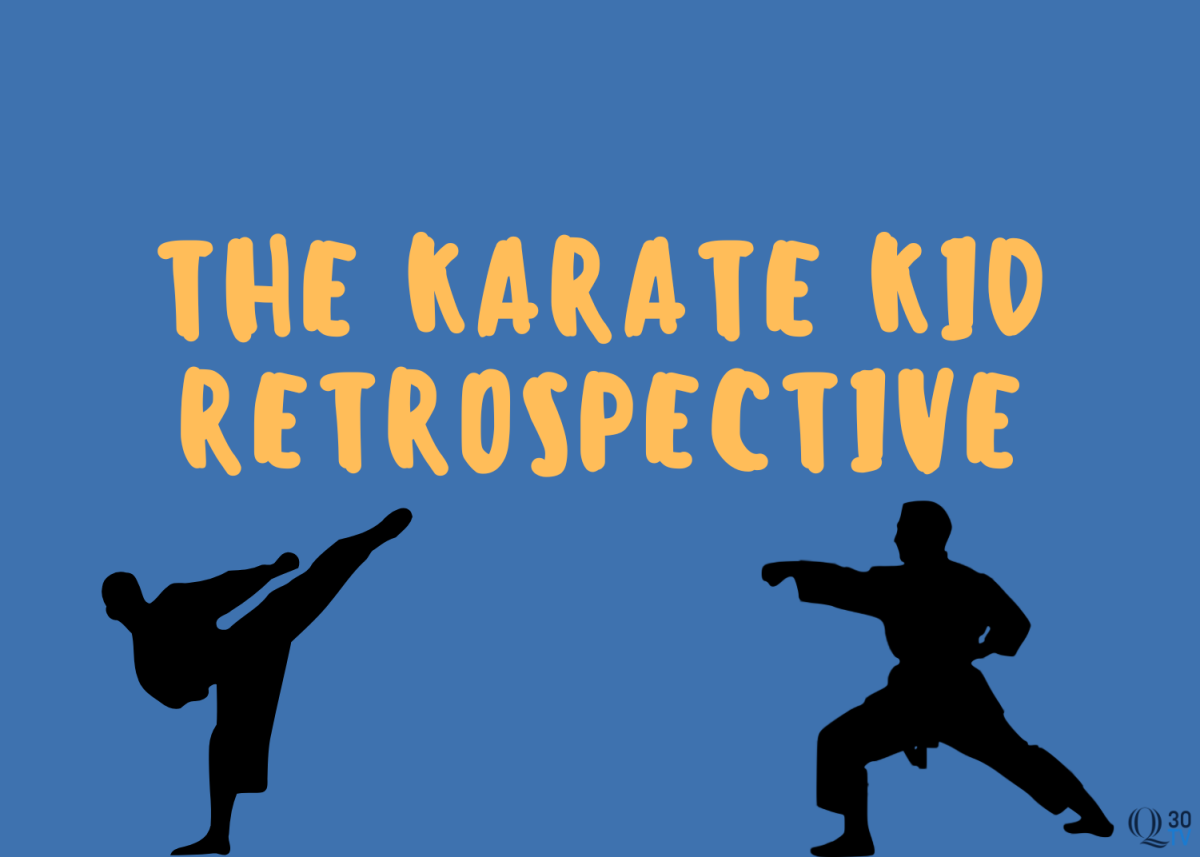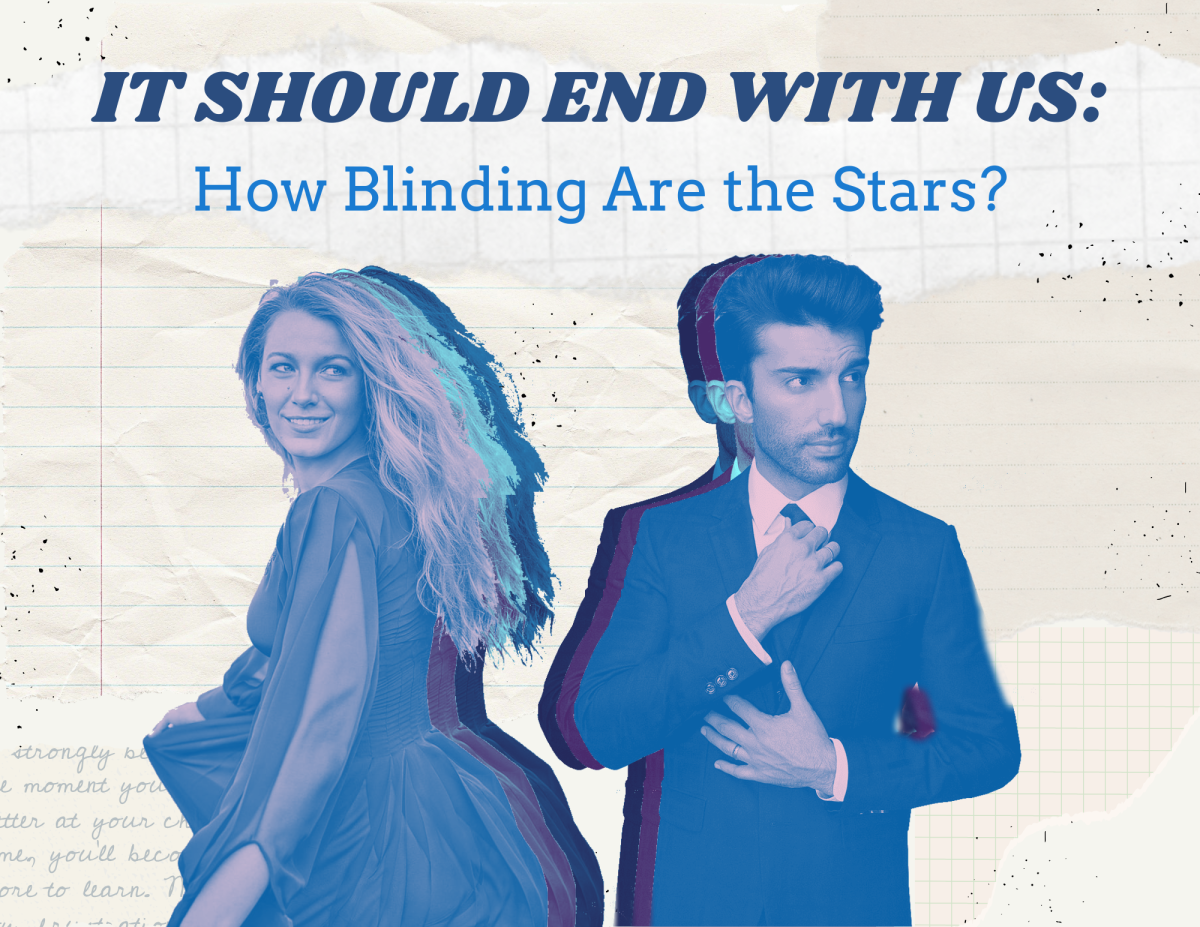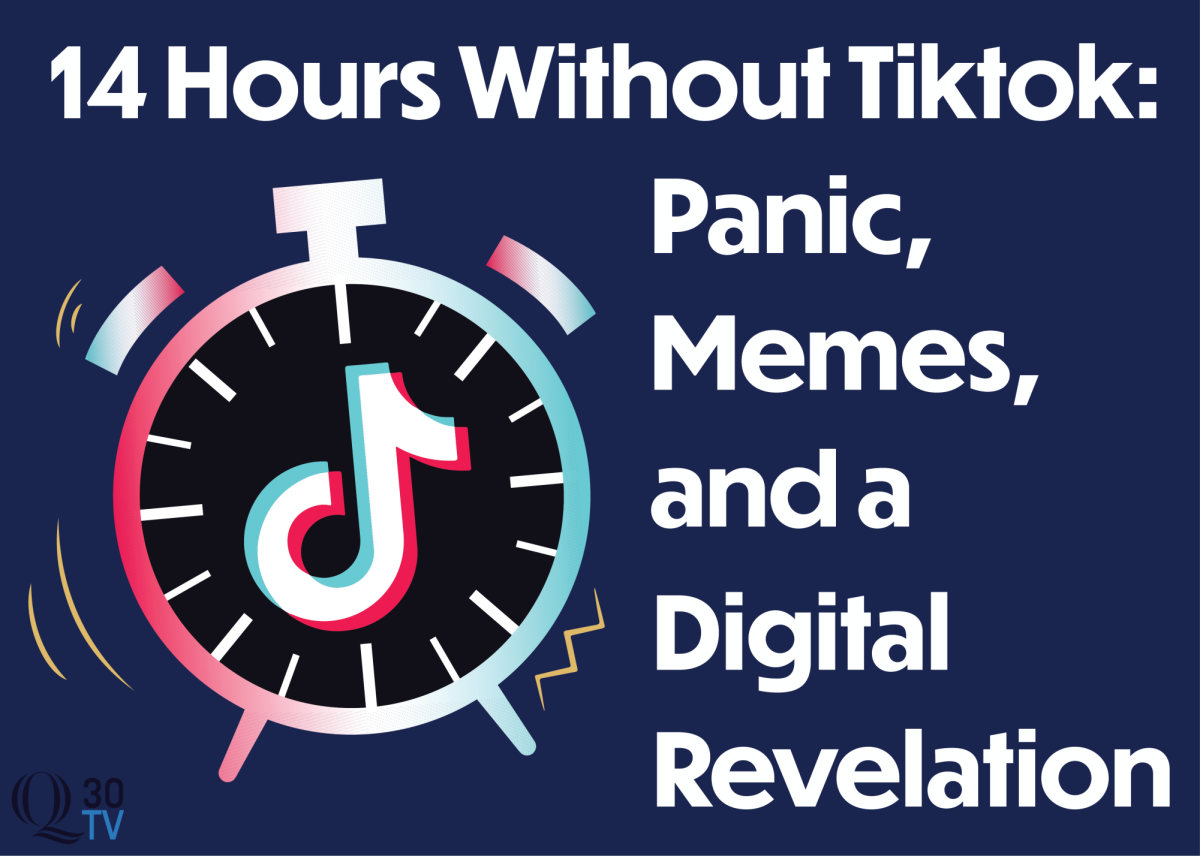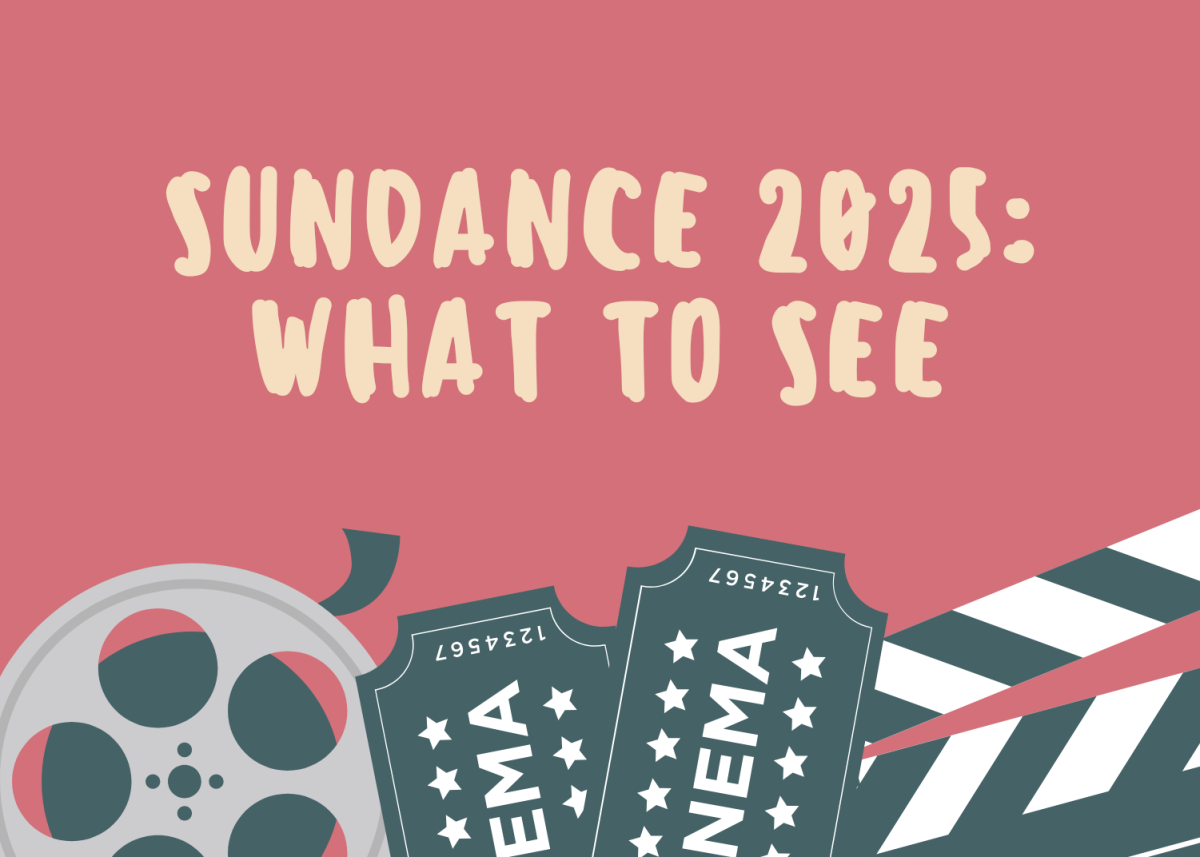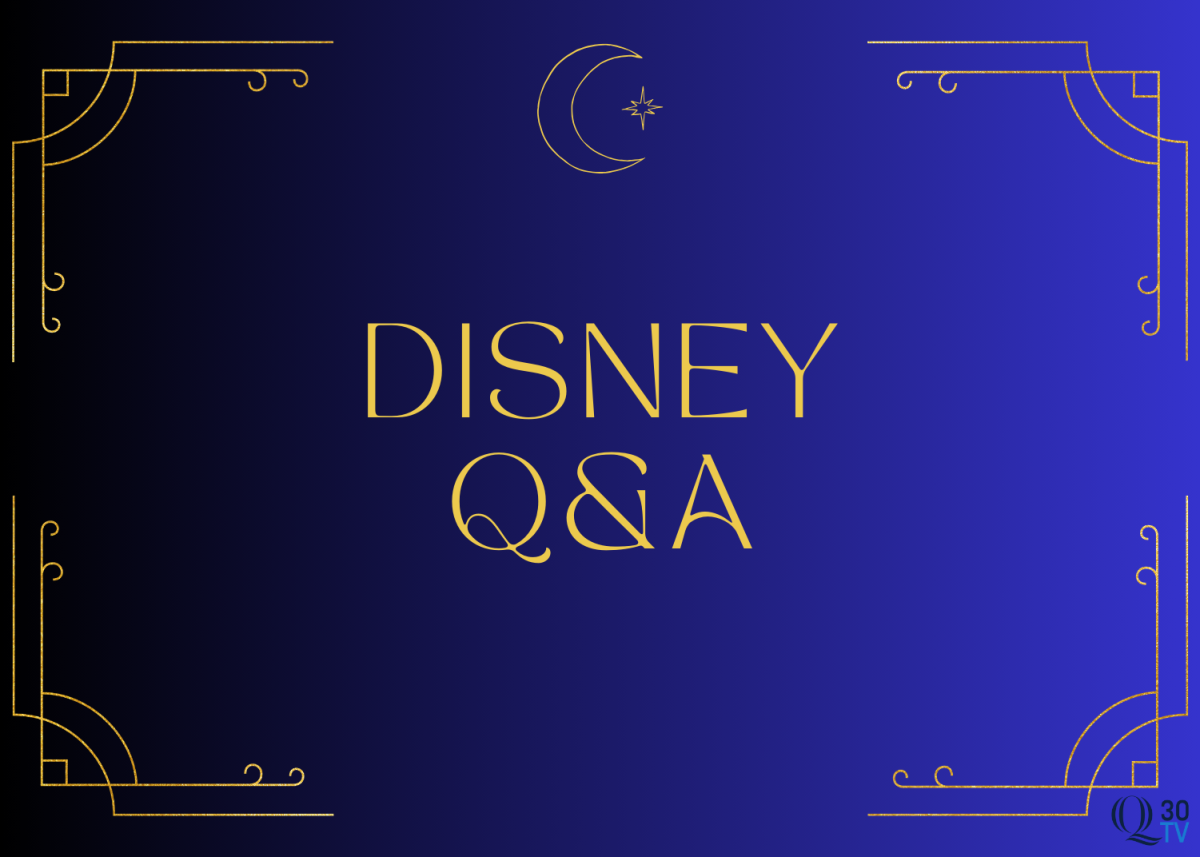Photo courtesy of Fox Searchlight Pictures
By Declan Powers
“If you weren’t afraid, what would you do to me?”
“I would remove your eyes, so I could see this city the way I did when I was your age.”
Think of this if you will in the context of a superpower, the desire to have someone else’s vision to see the world differently, and you will realize that this is just one of many moments in Birdman (Or: The Unexpected Virtue Of Ignorance) that separates it from all other superhero movies, if you are willing to make the cognitive leap of calling it one.
Birdman is a superhero movie in the way that Die Hard is a Christmas movie. It’s not a one-to-one ratio between art house drama and comic book film, but it doesn’t take a huge stretch of the imagination to notice some of the parallels. If anything, it is an analysis of the genre through a microscopic lens that challenges the conventions of an Avengers movie, as well as big budget action flicks in general, without delving into the pretentiousness you would expect from such a premise. The movie knows how to be fun and silly while still packing emotion, theatricality and relentless honesty.
Birdman follows the life of Riggan Thomson, a washed up actor who was once famous for playing the role of “Birdman,” a fictional amalgamation of Batman-meets-Hawkman that parallels Keaton’s actual role as Batman in 1989 and 1992. Riggan is preparing to direct a play that he is also writing and starring in, based on a short story by Raymond Carver. At the last minute, one of the titular actors is fired and replaced by Mike Shiner, played by Edward Norton.
Shiner’s personality is captivating. At first glance he comes across as a narcissistic jerk who takes himself too seriously in his profession and pretends not to care what others think of him because he wants to appear cool. But in reality, Shiner is a tortured artist who can only feel comfort by being on stage. Everything he says, regardless of snark factor, is never disingenuous or dishonest. Norton’s chemistry with Keaton is fantastic, and his performance is not only Oscar-worthy but also possibly his best work. In fact, it is so good that it perfectly justifies seeing the movie more than once.
Another amazing feat in Birdman is that, although it is achieved through clever editing and camera work, Birdman is filmed to look like someone turned on a camera and started recording without ever cutting to something else. There are no transitions between frames, and while this might be a bit overt for film buffs, it’s never too noticeable that it distracts you from what’s happening on screen. The effect isn’t done to be artsy and cute either. It’s a genius and clever technique of allowing the viewer to participate, engage, and fall into the story, as if we have a birds-eye-view or VIP pass and are following the characters as they go through their lives on a moment-to-moment, continuous movement through space and time. The richness of the imagery makes Birdman one of the most beautiful looking movies you may experience.
The movie is not without flaws, though. At times it seems to shift between drama and comedy at a sporadic and jarring pace. There are a few points where the story seems to slow down, spending a lot of time being introspective on Riggan’s life at the expense of moving the plot forward. Dialog between some of the secondary characters seems played up for high emotions when they don’t need to be, resulting in some bloated and unrealistic performances at times (particularly with Naomi Watts).
The story’s overall surrealism can get confusing, with a controversial ending that, while open to many different interpretations (akin to works such as Christopher Nolan’s Inception), might leave you feeling perplexed. When an ending causes you to reevaluate your entire perspective and judgment of a movie it’s not really a great sign, tragic seeing as everything leading up to it is done so well. This in no way should undermine how good Birdman is as a whole, but it is one of those movies where you really need to take a few days to think about it before you can judge its quality, and one that you may need to view more than once (Norton’s performance alone completely justifies this anyway).
In the end, Birdman is a very personal story about what it means to be an actor, the blurred lines between performer and celebrity, how to measure success and life’s fulfillment, and a partial indignation of mindless Hollywood popcorn films. Visually beautiful, intelligent, and largely well acted while never acting self-congratulatory, Birdman is well worth your time.
Final Grade: B+


